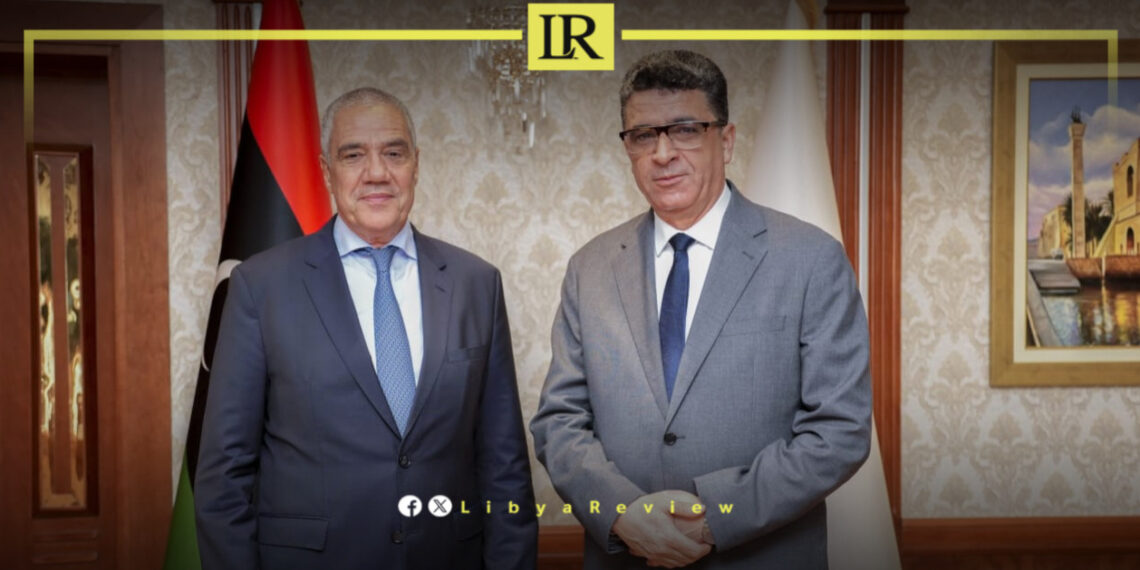On Wednesday, the head of the Libyan Audit Bureau, Khaled Shakshak, received the German Ambassador to Libya, Ralph Joseph Tarraf, in Tripoli for a meeting focused on strengthening cooperation and advancing institutional reform efforts.
According to a statement from the Audit Bureau’s media office, the two officials discussed the Bureau’s role in promoting public accountability, enhancing transparency, and ensuring oversight of state spending.
Shakshak highlighted the institution’s mandate to protect public funds and outlined the challenges facing oversight bodies amid Libya’s ongoing political and economic difficulties.
Ambassador Tarraf reaffirmed Germany’s support for Libya’s Audit Bureau, recognizing its importance as a key instrument of good governance. He emphasized that Germany views the Bureau as a strategic partner in efforts to promote transparency, public sector reform, and institutional resilience in Libya.
A major focus of the meeting was the cooperation agreement with the German Agency for International Cooperation (GIZ), particularly in areas of institutional development and technical training.
The two sides reviewed the ongoing coordination regarding capacity-building programs aimed at improving the performance of Libyan audit professionals and aligning the Bureau’s practices with international standards.
The meeting also reflected the Audit Bureau’s broader effort to expand its international partnerships with countries and organizations committed to promoting accountability and institutional development. Officials noted that Libya’s path toward sustainable governance depends heavily on the strength and independence of its oversight institutions.
The German delegation expressed confidence in the Bureau’s leadership and reiterated Germany’s willingness to support future initiatives through training programs, advisory missions, and cooperation with international partners focused on anti-corruption, fiscal monitoring, and institutional reform.
Both parties agreed to maintain an open channel for technical collaboration, especially in support of Libya’s post-conflict rebuilding process and its goal of achieving modern, transparent public institutions.


